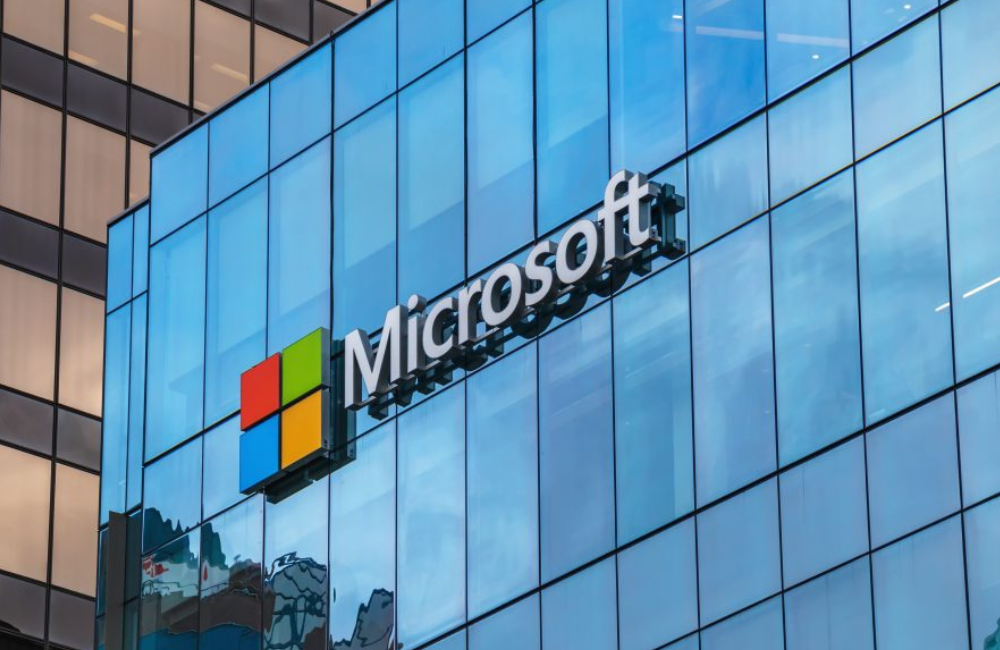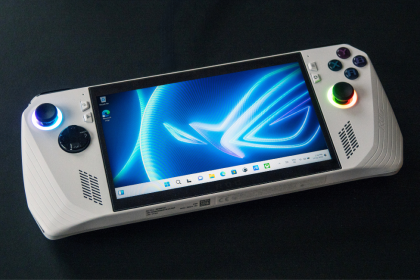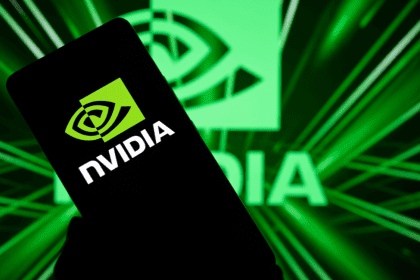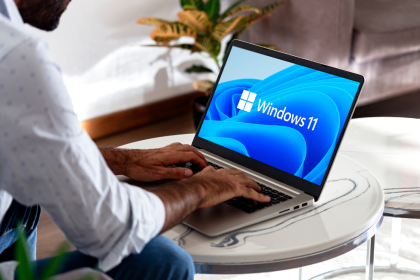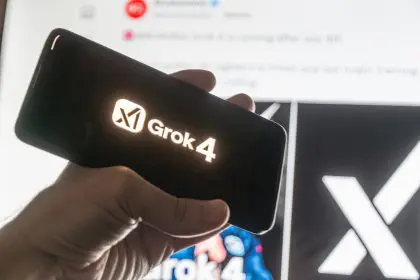Microsoft has begun rolling out an AI tool which takes screenshots of users’ screens every few seconds. This controversial technology marks a significant shift in how AI interacts with personal computing environments, potentially capturing countless screenshots across Microsoft’s global user base.
The tech giant’s Copilot + Recall feature is available now in preview mode for some people who have Microsoft’s AI PCs and laptops, and the purpose behind the feature is to allow PC users to easily search through past activity they have looked up previously, such as files, photos, emails and browsing history. The feature aims to address a common frustration experienced by computer users who struggle to relocate previously viewed content.
The idea is that people won’t lose what they have searched for before and wanted to save. Microsoft’s research has identified this as a key pain point for many users who often spend considerable time trying to find information they’ve already encountered.
It has been trialed with a small number of users, but it has now started to expand to those who signed up to Microsoft’s Windows Insider software testing program. The Windows Insider community represents Microsoft’s most engaged users who regularly provide feedback on new features before wider release.
Microsoft have said the feature will be rolled out worldwide, but users in the EU will have to wait until later in the year. This delay is likely related to ensuring compliance with the EU’s stringent data protection regulations, including GDPR and the Digital Services Act.
When it was first announced last year, the feature was named a “privacy nightmare” and has been relaunched this year. The initial reception highlighted significant concerns across technology forums and social media platforms, sparking intense debate about digital privacy.
“Information about other people, who cannot consent, will be captured and processed through Recall,” privacy campaigner Dr Kris Shrishak told the BBC, noting that the feature is “an improvement” from when it was announced last year, but still has concerns about how it will be used. This raises important questions about incidental capture of others’ information through regular computer use.
The technology presents complex privacy considerations, as these screenshots could potentially contain sensitive information such as banking details, personal messages, or confidential work documents. Microsoft maintains that data security is a priority, with information being encrypted and processed locally on users’ devices.
According to Microsoft’s announcements, users will have options to control what Recall captures, with the ability to exclude specific applications or websites from monitoring. These privacy controls appear to be Microsoft’s response to earlier criticism of the feature.
The technology is designed to make previously viewed content searchable through advanced image recognition and natural language processing. This represents a notable advancement over traditional search methods that rely on file names or basic text content.
As part of Microsoft‘s broader AI strategy, Copilot + Recall demonstrates the company’s vision for how artificial intelligence can enhance everyday computing experiences. The feature exemplifies the shift toward ambient computing, where devices passively observe and assist users rather than requiring explicit commands.
Privacy experts have highlighted several concerns with the technology’s approach. The passive nature of the screenshots means users might forget they’re being taken, potentially leading to inadvertent capture of sensitive information. Additionally, there are questions about data retention periods and how the information might be used for other purposes.
Microsoft has emphasized that privacy was considered throughout the design process, with multiple layers of user control built into the system. The company claims that users can pause recording, delete specific captures, or completely disable the feature at any time.
The controversy surrounding Recall illustrates the ongoing tension between technological convenience and privacy concerns. As AI systems become more deeply integrated into personal computing, this balance becomes increasingly important for both users and technology companies to navigate.
Industry observers note that this represents part of a broader trend of AI memory assistants, with several companies exploring similar concepts. The approach fundamentally changes the relationship between users and their devices, creating a persistent memory layer that can be searched and analyzed.
The feature’s reception among Windows Insider participants will likely influence how Microsoft proceeds with the wider rollout. Early feedback will shape refinements to privacy controls and user interface elements before it reaches the general public.
For users concerned about privacy, experts recommend carefully reviewing the feature’s settings and understanding exactly what is being captured before enabling such technologies.

